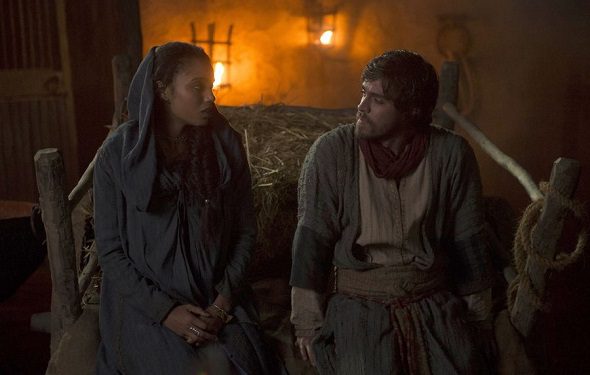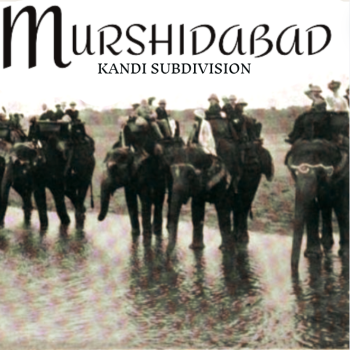
By Ian Werrett
Several weeks ago, while teaching a class on the creation stories of the Old Testament, I asked my students to reflect on the meaning of the Adam and Eve story in the Book of Genesis. After reading the section of the narrative where the serpent engages Eve in conversation, I turned to one of my students and asked what she thought it meant. Without hesitation, she lifted her eyes from the page and said, “This is the part where Satan tricks Eve into eating an apple from the tree of knowledge of good and evil. It’s called the Original Sin. It’s why Jesus died for us.”
I have heard this statement, or ones like it, many times over. And, from a Christian perspective, this is what the story means.
But there is just one problem – the Book of Genesis doesn’t say anything about Satan, apples, Original Sin or Jesus.
Shortly after last week’s premiere of ABC’s Of Kings and Prophets, which follows the rise of the first Israelite monarchy at the end of the Bronze Age, viewers began to weigh in with their opinions across various social media platforms. Based on the witness of the biblical books known as 1 and 2 Samuel, Of Kings and Prophets has elicited a wide range of responses — from those who claim the show deviates wildly from the Bible, to those who laud its writers for their faithfulness to the biblical source material.
But who is right?
And does it really matter?
The re-interpretation of Biblical texts is common within the texts of the Old Testament itself — with some accounts outright contradicting earlier versions. This is especially true with David’s story in Chronicles and Samuel 1 & 2. The biblical chronicler seemed to have had no qualms about altering earlier narratives where he deemed them to be overtly controversial or demeaning of David’s character.
Furthermore, there is a well-established tradition within Judaism and Christianity of artistically-reimagining the foundational narratives of previous generations so as to speak to different audiences and grapple with new historical realities. Whether it be the book of Jubilees (c. 200 BCE), which turns many of the biblical patriarchs into paragons of Jewish piety, or Anita Diamant’s bestselling novel The Red Tent (2007), which offers a fictional account of the life of Dinah and attempts to shed light on the interior lives of women in ancient Israelite society — the contents of the Old Testament have been the fodder for reinterpretation for well over two millennia.
Of Kings and Prophets is no different.
Ever since ABC released early footage of the show at last year’s Upfronts, people of faith were quick to balk at a supposed romantic interlude between David and King Saul’s wife, Queen Ahinoam. Based on the trailers for the upcoming episode (“Let the Wicked be Ashamed”), the moment in question would appear to be upon us. So let us consider the controversial plot twist in this week’s episode, which sees David in an illicit embrace with Ahinoam.
Although the Bible doesn’t literally say that David seduced one of Saul’s wives, both men are said to have married a woman named Ahinoam. What is more, in a biblical passage validating David’s rightful position as the ruler of the Israelites, the prophet Nathan voices God’s approval of the man who would be Israel’s second king: “Thus says the LORD, the God of Israel, ‘I anointed you king over Israel, and I delivered you out of the hand of Saul; and I gave you your master’s house, and your master’s wives into your bosom.’” (2 Sam 12:7-8). Based on the witness of this passage, and on the fact that David engages in a coup against Saul, scholars of the Bible have long argued that David took Ahinoam from Saul as a visible challenge to the latter’s rulership.
Did things happen in the way Of Kings And Prophets depicts them? Who knows? But what we do know is that artistic reinterpretations of the Bible have sparked a healthy discourse among the faithful and scholars of religion alike for well over two millennia.
ABC’s Of Kings and Prophets is most certainly NOT the Bible. What is more, neither were The Passion of the Christ (2004), Noah (2014), or Exodus: Gods and Kings (2014). Rather, these productions and others like them are interpretations – ways of reading the Bible that are, in many ways, just as valid as those who understand the story of Adam and Eve to be emblematic of the concept of Original Sin.
And if that makes you uncomfortable, perhaps you should ask yourself why.
Ian Werrett is an Associate Professor of Religious Studies at Saint Martin’s University in Washington.















